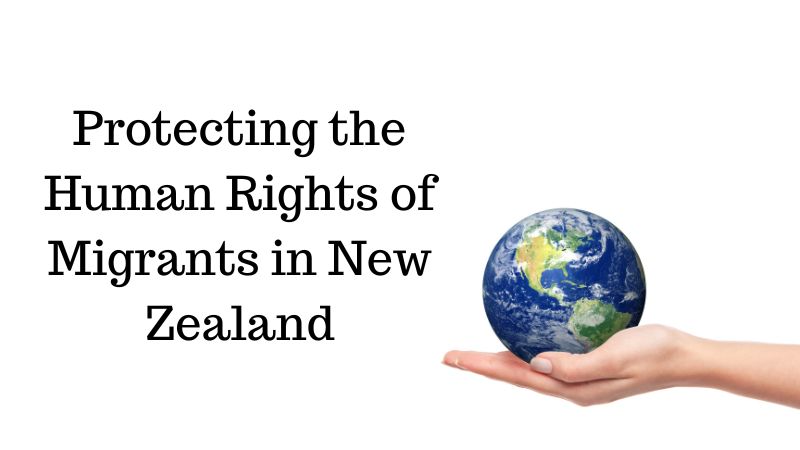Migrant workers are a vital part of New Zealand’s workforce. They come to our country to work hard and contribute to our economy. However, they often face exploitation and abuse by their employers. This is why it is important to have strong laws and enforcement mechanisms in place to protect the human rights of migrants.
There are several laws and conventions that protect the human rights of migrants in New Zealand. The Immigration Act 2009 is the primary legislation governing migration. This Act contains a number of provisions that aim to protect the rights of migrant workers. For example, section 78B provides that an employer must not knowingly or recklessly employ a migrant worker who does not have the appropriate work visa.
The Employment Relations Act 2000 also contains provisions that protect the rights of migrant workers. For example, section 63B prohibits discrimination on the basis of nationality or ethnicity. This means that employers cannot treat migrant workers less favourably than other employees because of their nationality or ethnicity.
The Health and Safety at Work Act 2015 also contains provisions that protect the rights of migrant workers. For example, section 50 requires employers to take all reasonably practicable steps to ensure the health and safety of their employees. This includes providing employees with information, instruction, training, and supervision that is necessary for them to do their job safely.
Conclusion:
Migrant workers play an important role in New Zealand’s economy and society. They deserve to be treated with respect and dignity, and to have their human rights protected. There are a number of laws and conventions that protect the human rights of migrants in New Zealand.

